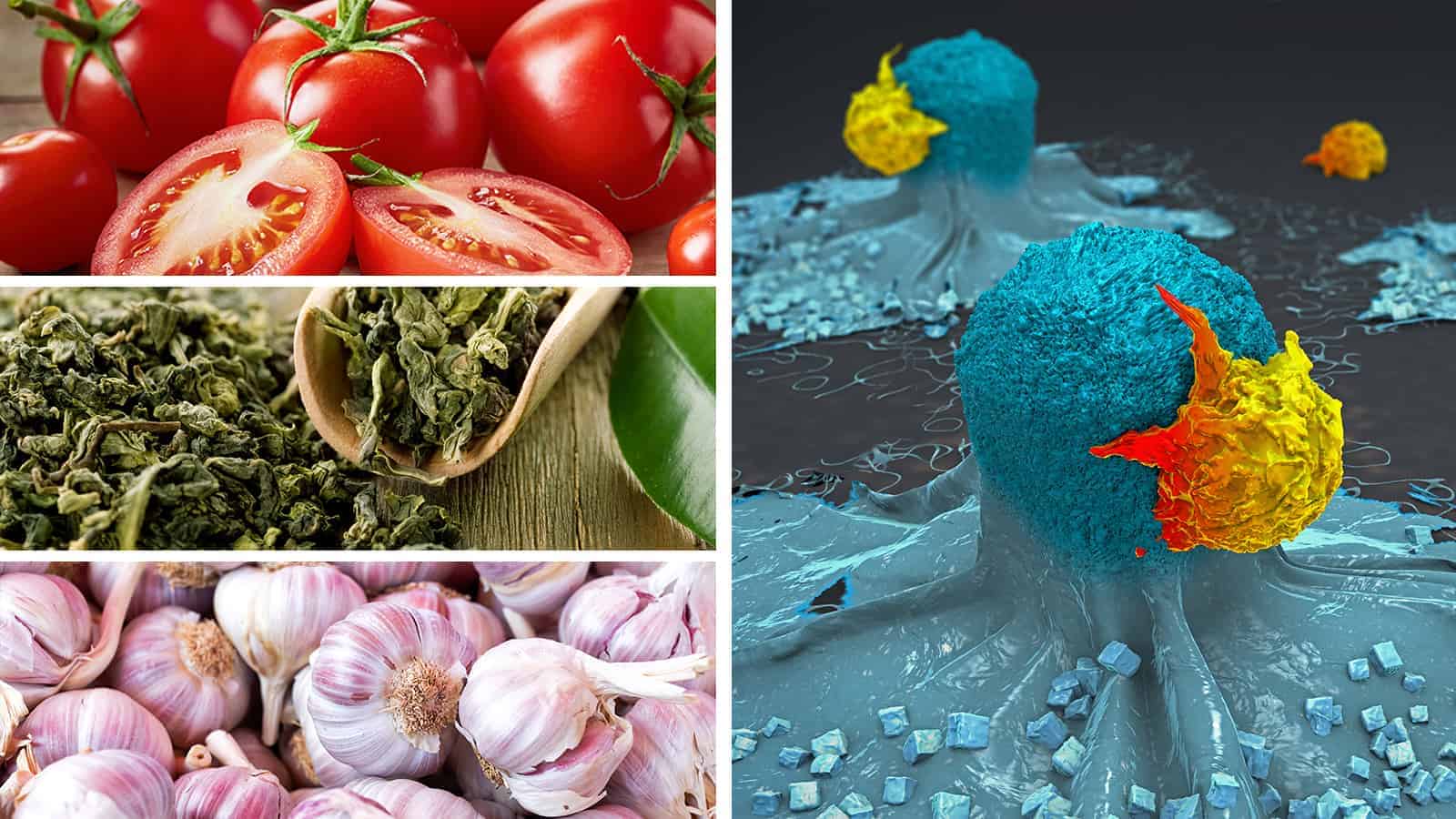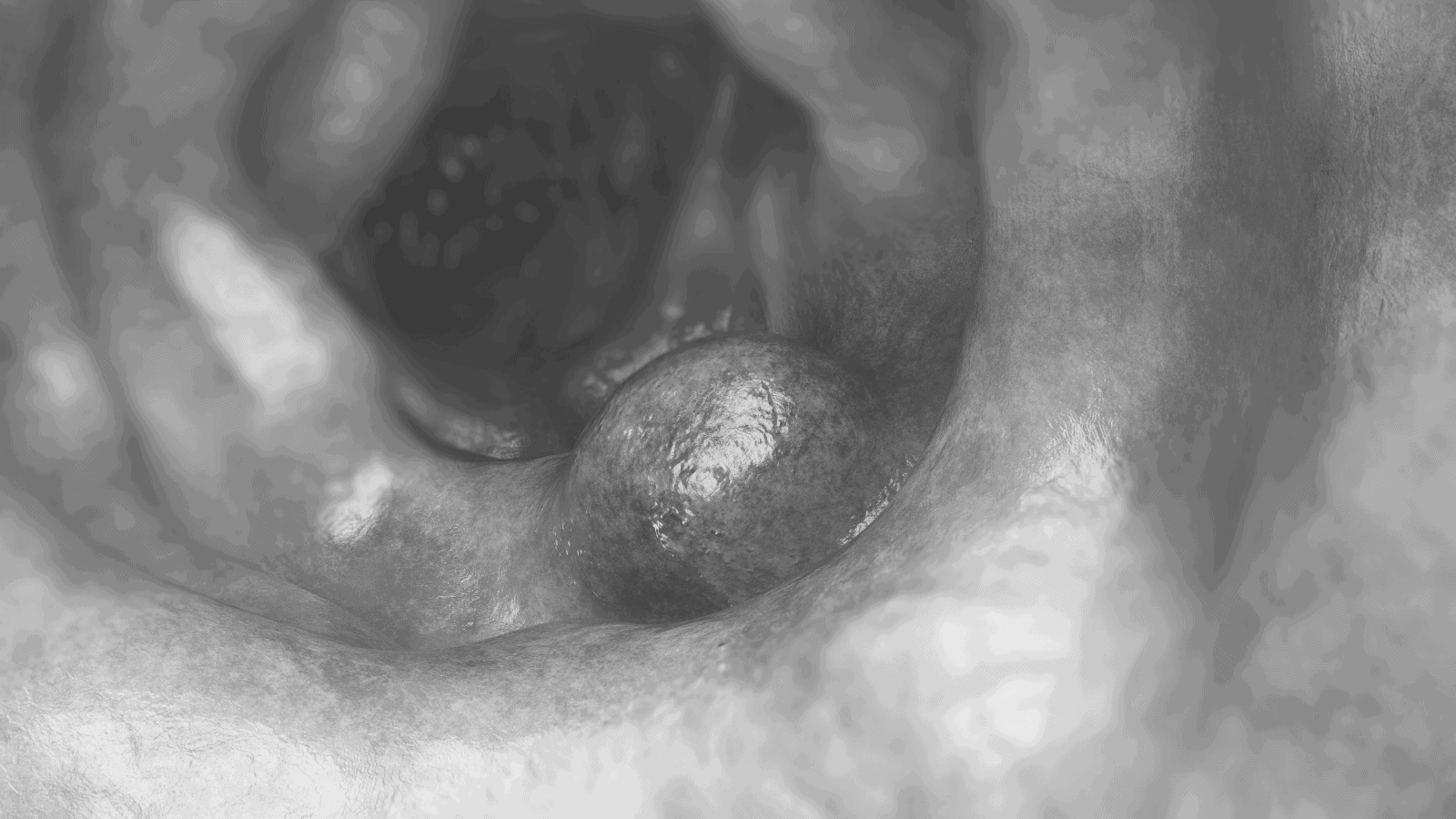Hippocrates was the father of Western medicine, and he recommended that his patients use food for treatment. Centuries before modern technology and medical advances, he realized how an essential diet was imperative to overall well-being. Current research is finding that Hippocrates may be on the right track, even when it comes to specific foods that fight cancer cells.
Published Cancer Warnings
Have you noticed the many warnings over the years about things that may cause cancer? Studies such as the one published by The US Library of Medicine continue to warn the public about tanning lights and UV radiation. This is an external product that has serious cancer risks.
 Other products that may encourage cancer are taken internally, such as tobacco smoke. A publication from the US Department of Health and Human Services states that the Surgeon General has been publishing information about smoking hazards since 1964. The article mentions that smoking remains the top cause of preventable deaths in America.
Other products that may encourage cancer are taken internally, such as tobacco smoke. A publication from the US Department of Health and Human Services states that the Surgeon General has been publishing information about smoking hazards since 1964. The article mentions that smoking remains the top cause of preventable deaths in America.
Are There Links Between Diet and Cancer?
You don’t need to smoke or use a tanning light to survive, but you need to eat. How does nutrition play into the fight against cancer prevention? Are there foods that you should avoid as well as foods that are beneficial?
A publication from the National Cancer Institute states that one of the first food products to fall under scientific scrutiny was saccharin. Do you remember the hype and cancer risk concerns about this artificial sweetener published in the 1970s? Although current studies find conflicting evidence, it’s one of the cases that piqued scientific investigations into other possible links between food products and cancer.
Your Diet is Up to You
It’s not easy for medical researchers to prove beyond question that consuming a certain food can cause cancer. However, a study from the National Center for Biotechnology Information states positive correlations between good nutrition and cancer prevention. It also mentions a noticeable link between obesity and poor eating habits with an increased risk of malignancy.
The good news is that you are in control of what you eat. Other possible cancer risks, such as heredity and environment, are out of your hands. Did you know that studies from the American Cancer Society report that approximately 42 percent of cancer diagnoses and 45 percent of cancer deaths in America may have been preventable?
Healthy eating habits are not a silver bullet. No guarantees exist that eating certain foods or abstaining from others will prevent cancer. However, there is compelling evidence that a healthy lifestyle and eating pattern may reduce your risks.
Strive for These Five Foods that May Kill Cancer Cells
There are plenty of studies that show a positive correlation between what you eat and your overall health. The evidence that eating a plant-based lifestyle and its effects on your body cannot be denied. Here are some of the foods that are stated to have a dramatic impact on keeping malignancy at bay.
1. Cruciferous Vegetables
Remember how your mother always encouraged you to eat your vegetables? It turns out that Mom knows what she’s saying. A publication from the USDA recommends that adults get at least 1-3 cups of veggies each day, depending on gender, age, and activity level.
Of particular interest to cancer prevention researchers are cruciferous vegetables. Cruciferous is a Latin word that means “cross-bearing.” It includes veritable members of the mustard green family, which bears cross-shaped leaves.
Some of these may be among your favorite veggies, such as cabbage, broccoli, cauliflower, watercress, and Brussels sprouts. They vary in color and shape but are known for their unique peppery flavor and imitable “cabbage” smell when cooking.
First, cruciferous veggies are loaded with vitamins and minerals, like Vitamin C, folate, and beta-carotene says a publication from the National Cancer Institute. You’ll also get plenty of fiber when you consume these veggies. The article touts the possible benefits of these fighting cancer.
The article states that the sulfurous scent you recognize from these vegetables comes from compounds called glucosinolates. According to a study by the National Center for Biotechnology Information, these compounds break down into other substances called isothiocyanates, which have demonstrated cancer inhibitive properties.
2. Fruit
Fruit has naturally sweet goodness that makes it Mother Nature’s perfect dessert. Since most fruit has an appealing flavor, you may have an easy time consuming your daily recommendation. You should aim for 4-5 servings of fruit each day.
However, not all fruits are created equal when it comes to possible cancer prevention. Berries have received a lot of attention in the world of medical research. A publication from the American Institute for Cancer Research recommends blueberries, raspberries, strawberries, cranberries, and cherries. These fruits have fiber and other nutrients that may help combat cancer cells.
3. Tomatoes
Who would have guessed that this beloved food was once considered deadly poisonous? An online article from Science-Based Medicine shares the historical misunderstanding of the tomato, also called the Pomodoro. For one, they are related to belladonna, the infamously poisonous nightshade. Although tomato vines are dangerous to eat, the fruit is not only safe but tasty and healthy for you.
What would your favorite salad or pasta sauce be without the tangy zest of the Pomodoro? You’ll be glad to know that the American Institute of Cancer Research shares positive correlations between consuming tomatoes and fighting cancer. Of particular interest are compounds like beta-carotene and lycopene.
4. Green Tea
The next time you enjoy a hot cup of tea, think about some of its possible health benefits. Did you know that green tea, black tea, and oolong tea come from the same plant? All three come from the Camellia sinensis plant, and the only difference is how the leaves are processed.
According to the article, green tea is the least processed of the three. An intensive study published by the National Cancer Institute found a good link between consuming tea and cancer prevention. The researchers also discovered that it might stop various cancers from spreading once they start in the body.
5. The Spices of Life
As early humans learned about their world by hunting and foraging, they discovered plants, roots, and seeds for medicine and sacred rituals. They also found that these herbs and spices smelled and tasted delicious and were the perfect addition to many cuisines.
• Turmeric
If you are a fan of curries and authentic Indian-inspired food, you have a jar of ground turmeric in your pantry. This plant’s golden roots are a precious commodity to India and other parts of Asia. Turmeric holds a place of honor in traditional Ayurvedic medicine and many Indian cuisines.
According to a study published by the National Center for Biotechnology Information, turmeric contains a compound called curcumin, which stated favorable results as a cancer fighter. You can enjoy ground turmeric as a food seasoning, in a tea recipe, or as a supplement. The study says that the curcumin in turmeric may have anti-inflammatory, antioxidant, and anti-cancer properties.
• Cayenne Pepper
Are you a fan of hot peppers? Maybe these mainstays of Mexican, Spanish, and Asian-inspired cooking can also benefit your health. A group of researchers published a study for the American Association for Cancer Research about capsaicin, the compound found in red peppers like cayenne. Capsaicin is responsible for the spicy heat.
The researchers were studying how capsaicin may kill prostate cancer cells. The results were positive, but the writers said that more research was needed. This study also focused on prostate cancer, not other specific types.
• Garlic
Garlic has been a beloved plant since ancient times. Not only has it been used for food and a magical amulet to ward off evil, but it’s also been respected for its powerful medicinal qualities. A study by the US Library of Medicine confirms its possible use as an antibiotic, anti-inflammatory, and perchance killing cancer cells.
The study mentions possible benefits from consuming garlic raw, cooked, or it’s pressed essential oil. Anjoene, states the study, is the compound in garlic that has shown promise in preventing or destroying certain cancer cells. Still, the researchers conclude that more long-term studies on garlic therapy’s effectiveness are needed.
• Lavender
You’ve probably noticed that companies have been using essential lavender oil for everything from botanical cleaning supplies to holistic toiletries and skincare products. Like many other essential oils, lavender has been used for centuries for food, skincare, and medicine. Studies such as one published by the U.S. Library of Medicine displays its positive effect on the human nervous system.
Did you know that this iconic scented herb may also be a possible tool against specific cancer cells? The National Library of Medicine published a study that showed how lavender might reduce the number of prostate cancer cells. These are only preliminary studies, and more research is being conducted, says the publication.
 Final Thoughts on a Healthy Diet and Cancer Prevention
Final Thoughts on a Healthy Diet and Cancer Prevention
There’s no argument that maintaining a healthy diet and fitness regimen can benefit your health. Although these studies show promise in using certain foods to combat cancer cells, nothing has proven to avoid or cure it. The race is still on for more research and hope in the future.




















